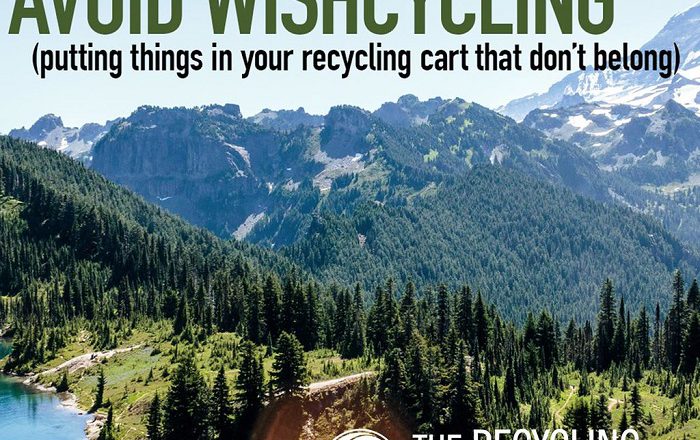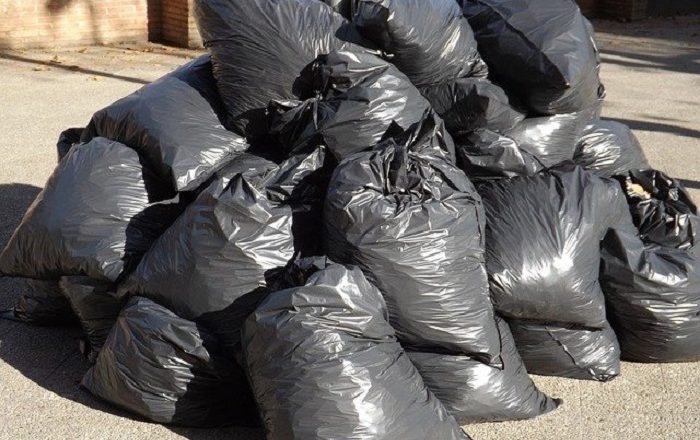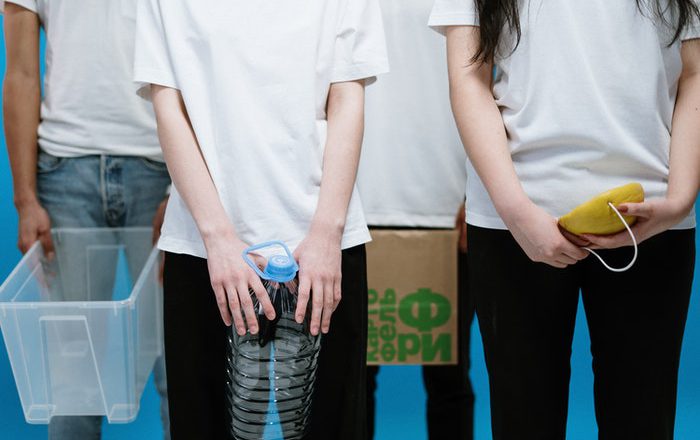Would You Drink ‘Waste Water’ Made Beer?
As the Earth’s population grows and approaches a projected 9.7 billion by 2050, the world’s freshwaters will face mounting pressure to supply the needs of population growth. Approximately 33 per cent of people do not have access to safe drinking water and a similar number do not have access to proper sanitation — numbers that will increase as populations grow.
In addition, climate change is predicted to increase the severity of floods and droughts, which in some places will limit water availability and reduce water quality. In some Canadian watersheds, like the South Saskatchewan River Basin in southern Alberta, licences for new water withdrawals — for municipal, agricultural, industrial or other uses — have reached their limit. To continue to sustain or grow populations — and economies —...



